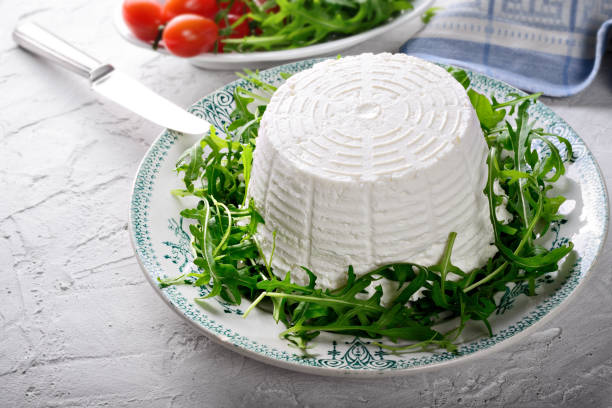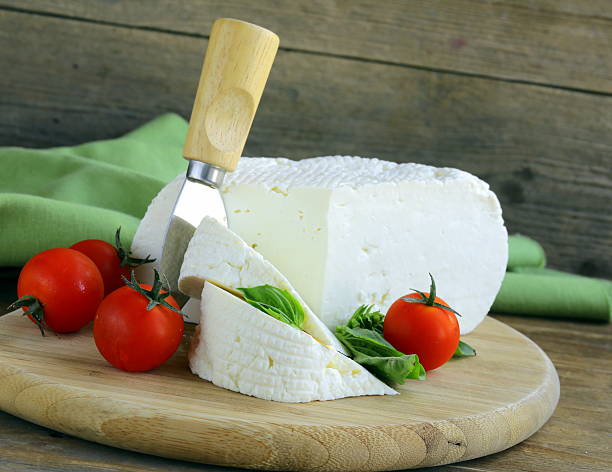Ricotta is a type of cheese that is commonly used in Italian cuisine. It is made from whey, the liquid remaining after milk has been curdled and strained. This process gives ricotta its distinct, creamy texture and mild flavor. But what is the nutritional value of ricotta and is it healthy for you?
One serving (1/4 cup) of ricotta cheese contains approximately:
110 calories
7 grams of fat (4.5 grams of saturated fat)
6 grams of protein
4 grams of carbohydrates
0 grams of sugar
0 grams of dietary fiber
150 milligrams of calcium (15% of the daily recommended value)
0.9 milligrams of vitamin B12 (38% of the daily recommended value)
0.1 milligrams of vitamin K (0.1% of the daily recommended value)
It’s important to note that while ricotta cheese is relatively low in calories, it is high in fat and saturated fat. Therefore, it should be consumed in moderation as part of a balanced diet.
Ricotta cheese is also a good source of protein, which is essential for building and repairing muscles, and maintaining a healthy immune system. The high levels of calcium in ricotta cheese also make it beneficial for bone health. Additionally, vitamin B12 is important for maintaining healthy nerve cells and red blood cells, while vitamin K is essential for blood clotting and bone health.
When it comes to Ricotta’s health benefits, it is a good source of calcium and protein, and it’s low in sugar and carbs which is good for people who are watching their sugar and carb intake. Also, the fact that it is low in lactose makes it a good option for people who are lactose intolerant.
However, there are also some downsides to consuming ricotta cheese. As mentioned earlier, it is high in fat and saturated fat, which can contribute to heart disease if consumed in excess. Additionally, some brands of ricotta cheese may be made with partially hydrogenated oils, which contain trans fats. Trans fats have been linked to an increased risk of heart disease and should be avoided as much as possible.
In conclusion, ricotta cheese can be a healthy addition to a balanced diet when consumed in moderation. It is a good source of protein, calcium, vitamin B12, and vitamin K, and it is low in sugar and carbohydrates. However, it is high in fat and saturated fat, so it should be consumed in moderation. Additionally, it’s important to check the ingredient list and avoid brands that contain partially hydrogenated oils and trans fats. As always, it is important to consult with a healthcare professional before making any major changes to your diet.

 Home
Home Health
Health Diet & Nutrition
Diet & Nutrition Living Well
Living Well More
More












